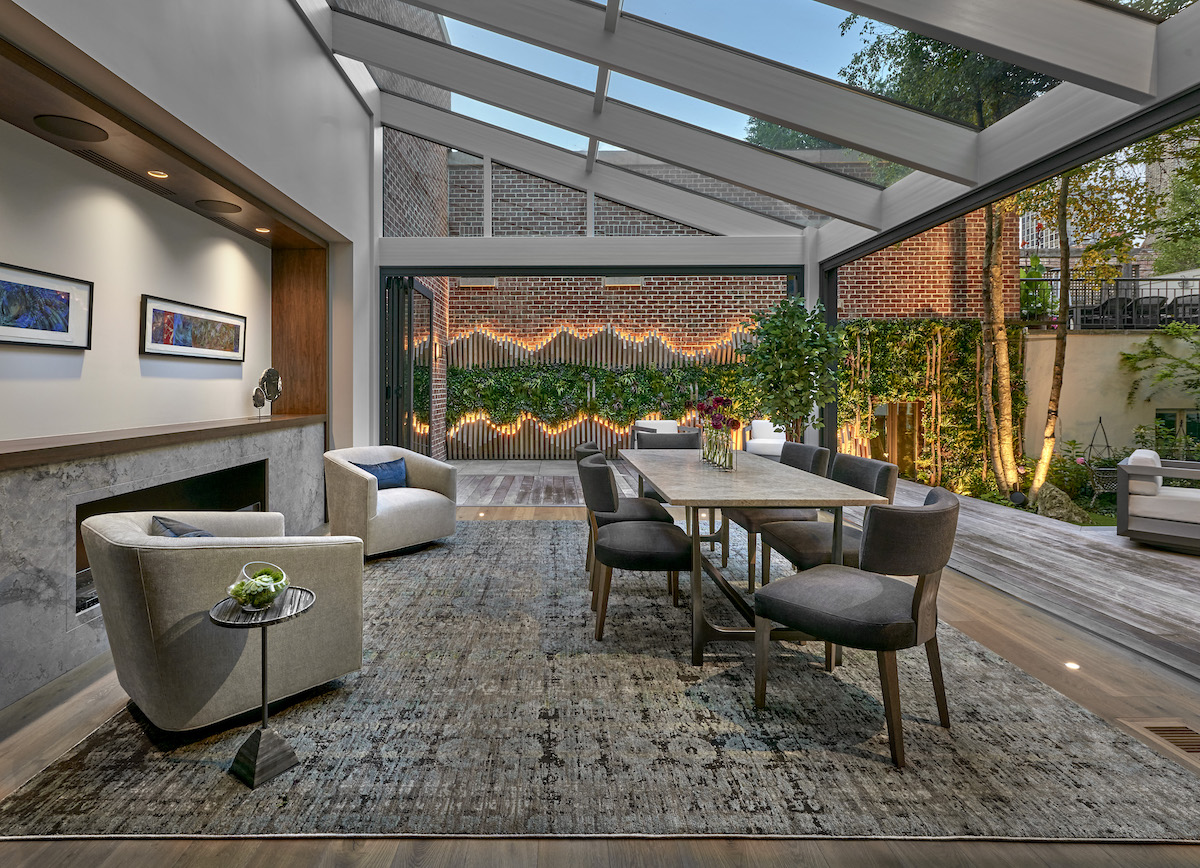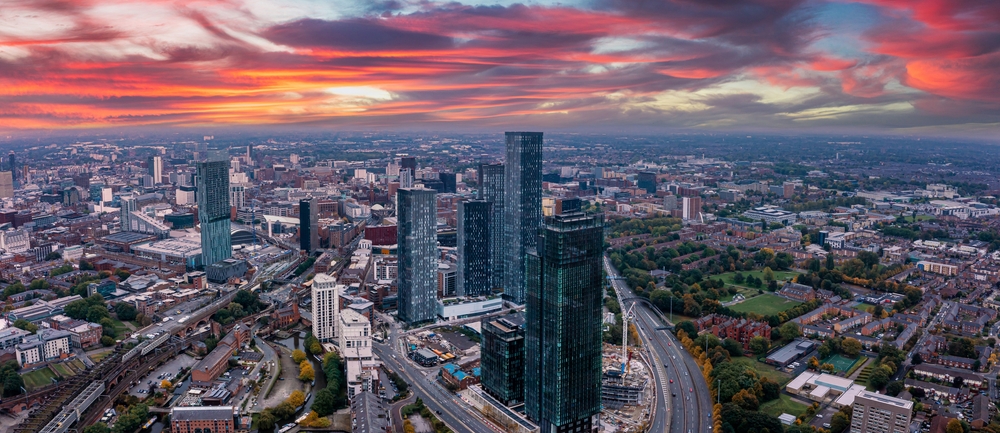Zhuzhou, in China’s Hunan province, is experiencing a population boom like many other cities in the country due to its manufacturing and textile industries. This is causing some of the city’s architects to experiment with novel ideas to make the most of limited land resources. In order to ease pressure on the surrounding countryside, rather than build new residences on farm or park land, these forward-thinking architects have found what may appear to be a solution for those who wish to live close to work and avoid long commutes. Their method of avoiding urban sprawl is to build complete houses on the rooftops of large buildings such as shopping malls.
One such project has already been completed; four luxury homes have been built on the roof of an eight-story shopping mall in a busy Zhuzhou neighbourhood. Those in favor of building on rooftops claim it is a wise and ideal use of wasted, bare space and saves the untouched rural landscapes on the outskirts of the city from rapid, poorly planned and ugly residential development.
For now, as the project has only been recently completed, the four luxury villas that are perched on top of the shopping center look somewhat bleak; however the builders claim that the area will be landscaped and will feature gardens.
Perhaps this ideal use of “wasted” space will spark the imagination of other architects to come up with even more practical and esthetic construction ideas to help ease the pressure of providing homes for the city’s growing population.







